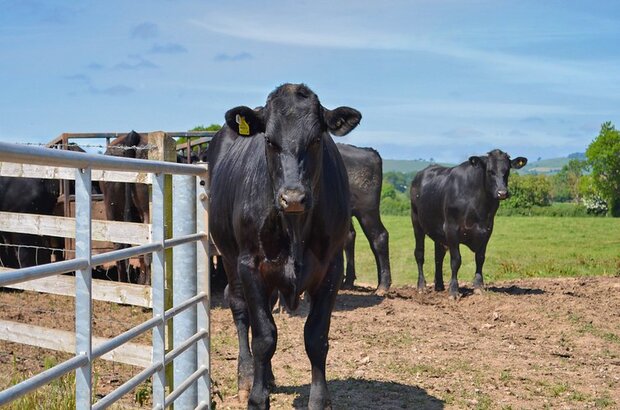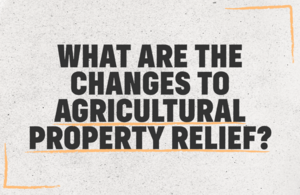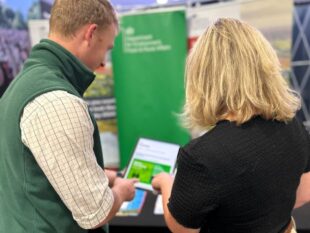
At the end of this month, the first round of the Slurry Infrastructure grant will close for applications. So, if you haven’t yet applied, now is the time to.
In this post, I’ll give you a recap of the grant and the process to apply before 31 January.
The Slurry Infrastructure grant
The Slurry Infrastructure grant is designed to help you improve or expand your slurry storage capacity to 6 months and improve the use of organic nutrients on your farm.
You can use the grant to pay for:
- above-ground steel slurry stores
- precast circular concrete slurry stores
- earth bank lagoons without synthetic liner
- earth bank lagoons with synthetic liner
- stores using precast rectangular concrete panels
- large volume supported slurry bags (over 2,500 cubic metres (m3))
You can use the grant to replace stores that are no longer fit-for-purpose, build additional storage or expand an existing store.
The grant will also contribute towards the costs of impermeable covers and supporting equipment.
The minimum grant you can apply for is £25,000. The maximum grant is £250,000 for each applicant business.
Applying for a Slurry Infrastructure grant
Step 1: Take a look at the guidance
The full Slurry Infrastructure grant guidance can be found on GOV.UK.
It sets out:
Last month, we held a webinar to discuss the grant. I'll embed the view below.
I’ve also blogged about the grant before. If you click on my name at the top of this page, you’ll see my previous posts.
Step 2: Use the online checker
The first part of the application process is an online checker. You’ll find it on the Slurry Infrastructure grant page on GOV.UK.
It's important to be accurate about your slurry storage needs and project plans.
The Rural Payments Agency (RPA) and the Environment Agency created guidance to help you plan your slurry storage.
Step 3: Assessment
Once the online checker closes, the RPA will look at how many projects can be funded.
If the scheme is oversubscribed, the RPA will identify the applications with a higher environmental benefit. This will be based on the priority areas shown in MAGIC.
This will be based on location and proximity to areas where action is most needed to reduce pollution from agriculture.
You can read about how we’ll do this in detail.
Step 4: Full application
If you are invited to make a full application, you will be asked further questions about your project.
It's important that you don’t start your project until your grant funding agreement is in place.
You can certainly get quotes and apply for planning permission, but you cannot pay for any eligible items or start construction.
Coming up
I'll explain how we completed the shortlisting after the checker closes, so do subscribe to the blog.




 The
The 
Leave a comment